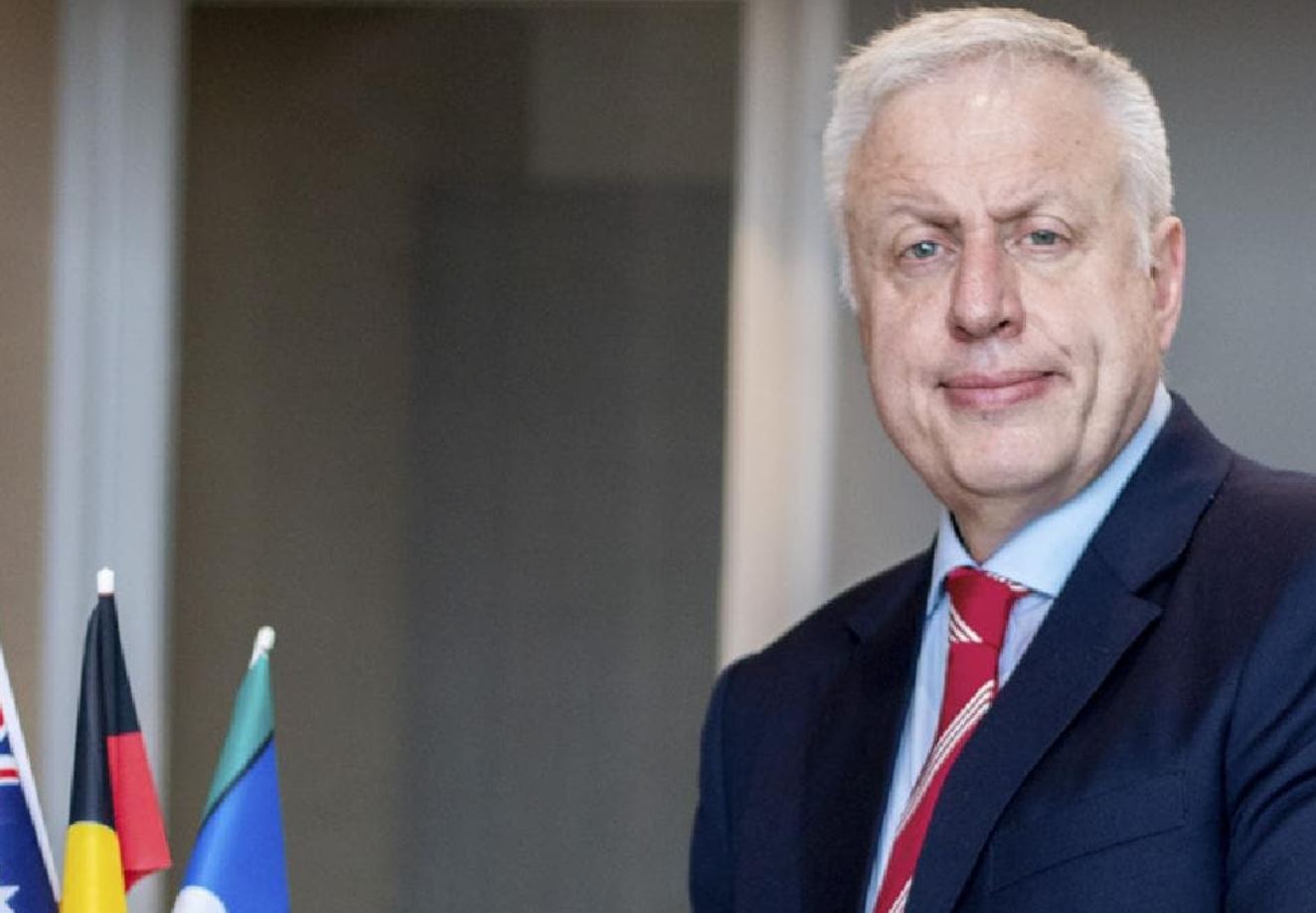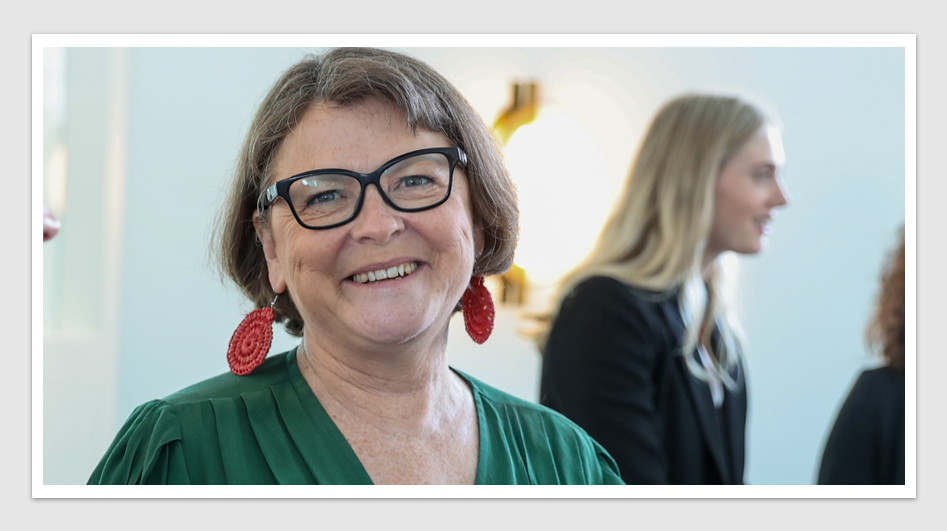Medical
GP backlash to stop Medicare cuts to holistic mental health care

More than 8,000 people have now signed Dr Gillian Riley’s petition to stop the compliance push, which many GPs fear will stop them from treating a patient holistically.
RACGP President Dr Harry Nespolon has criticised the compliance push, backed by many of Australia’s vocal and high-profile GPs.
‘Requiring GPs to see patients for a mental health issue one day and their physical health issue the next day seems entirely counterproductive,’ he told newsGP.
‘Many patients have both physical and mental medical concerns and it’s entirely within the scope of general practice to treat the whole person.’
The issue stems from the Department of Health’s (DoH) latest ‘nudge’ letter, sent last week to 341 GPs who the DoH believes have been overbilling mental health items alongside normal GP consultation items.
Under Medicare Benefit Schedule (MBS) rules, GPs should not claim normal consultation items if a patient has initially attended for a mental health item, unless it is ‘clinically indicated that a separate problem must be treated immediately’.
That, many believe, acts as a disincentive to whole-of-person treatment, and may make it harder for vulnerable people to access care.
According to Dr Riley’s petition, the flow-on effect will be to ‘reduce the number of GPs who feel safe to look after people with complex mental and physical health conditions’.
‘This specifically discourages the [holistic] care of patients with mental health concerns … It’s ridiculous to think that mental health issues present in isolation,’ the petition states.
‘In fact, we know that the burden of physical illness in this group is higher and yet we are asked to deal with the mental and physical aspects of their health on separate days.’
Many GPs and health policy experts have spoken out about the letter in recent days.
GP and ANU Associate Professor Louise Stone told newsGP that the DoH is undermining best practice by targeting GPs treating mental and physical conditions together.
‘Treating mental and physical illness together is best practice,’ she said. ‘People with mental illness die up to 20 years earlier than others – and due to physical ill health. The comorbidity of mental and physical health is extremely high.’
Associate Professor Stone said that earlier ‘nudge’ letters targeting opioid and antibiotic overprescribing had been trying to identify poor medical practice.
‘This letter doesn’t make any clinical sense. Patients shouldn’t have to send their head into the doctor one day and their body another,’ she said.
‘This is clinically incredibly unhelpful. Identifying [GPs] by what they bill isn’t going to help identify problem people. You’re just picking up high users [of MBS items].’
Associate Professor Stone said MBS rules are often vague. ‘If you go to the mental health item listings, you see that you can only bill if it’s clinically indicated for immediate treatment. What’s “immediate”?’ she said.
‘If I’m rural and a patient with schizophrenia comes in who may have trouble making an appointment, it makes sense to do their blood pressure. How is it saving money? They’re targeting us for not being able to interpret a very unclear message.’
Associate Professor Stone predicted younger GPs will respond by effectively volunteering their time and not claiming for items to which they would be entitled.
‘It’s manipulating people into charging Medicare less,’ she said.
Brisbane GP Dr Wendy Burton told newsGP this compliance letter has ‘hit a raw nerve’ and described it as ‘bureaucratic bullying’.
‘I’m mad as hell about this. It’s a bridge too far,’ she said. ‘GPs are losing sleep over the fear factor and intimidation, the suggestion that we’ve done something wrong. This is Australia in 2020, with drought, bushfires, coronavirus and flooding rains. We are a traumatised nation. And then they’ve dropped this on us. The timing is rubbish. The campaign engenders fear.
‘People with chronic and complex mental health issues, childhood trauma survivors, and people with PTSD – we need to be keeping an eye on them regularly and along the way, dealing with their physical health issues.’
Dr Burton said that if she followed the letter of the law, she would have to ask people presenting with a mental health issue to come back another day to treat their physical issues.
Suppliers & Service Providers: Enhance business visibility, differentiate your brand and maximise your reach with a new benchmark in industry media. Health Industry Hub is the only one-stop-hub connecting Australia’s Pharma, MedTech, and Biotech industry professionals. Discover superior performance with our digital media solutions.
Register FREE to receive the latest industry news, innovations and insights from Health Industry Hub; the only one-stop-hub connecting Australia’s Pharma, MedTech and Biotech industry professionals and its key stakeholders.
News & Trends - MedTech & Diagnostics

Bariatric surgery trumps Novo Nordisk’s Wegovy in cost-effectiveness and durability
MedTech & Diagnostics News: Bariatric surgery emerges as cost-effective, boasting superior and enduring weight loss outcomes over a five-year span […]
MoreNews & Trends - Pharmaceuticals

Aussie digital health company hits new milestone in AstraZeneca partnership
Pharma News: Fewer than 50% of asthma patients adhere to their prescribed preventative medications. An Australian digital health company has […]
MoreDigital & Innovation

Medical drone to reduce health equity gaps in rural and remote Australia
A specialised medical drone which increases accessibility to essential health services such as pathology, medicines, and telehealth services in rural […]
More